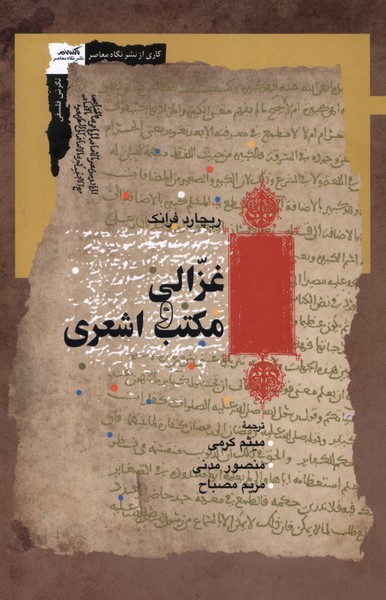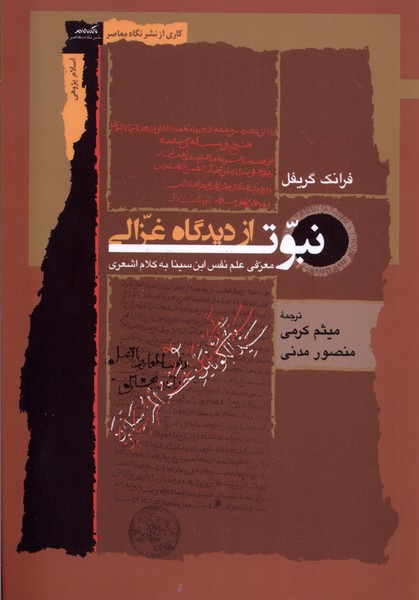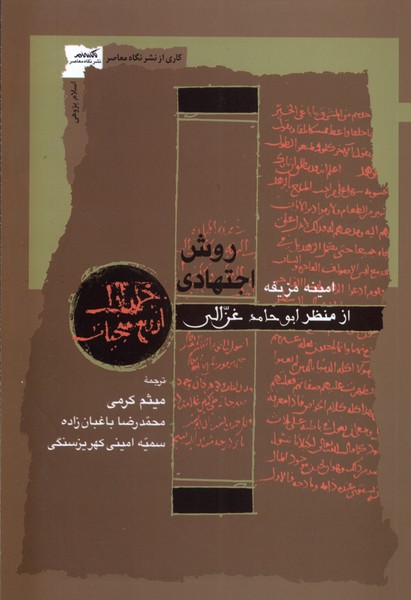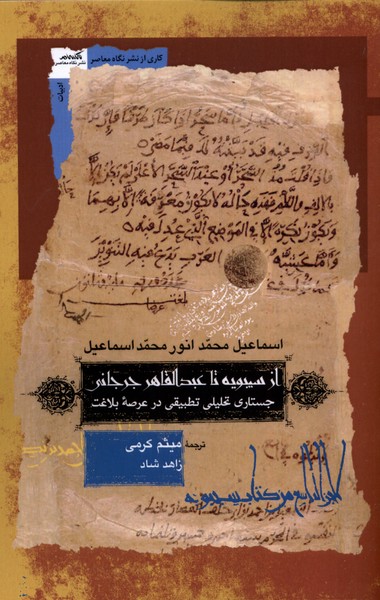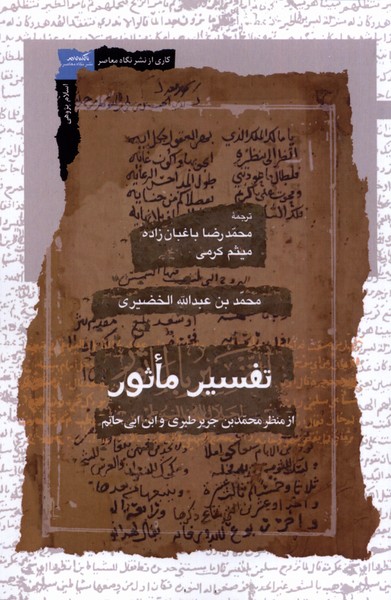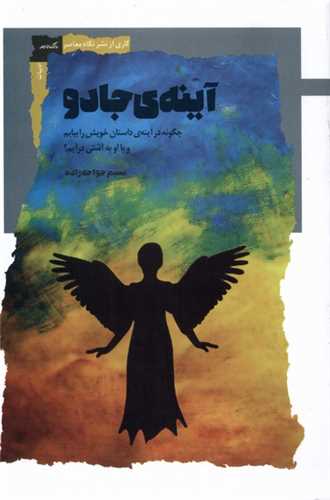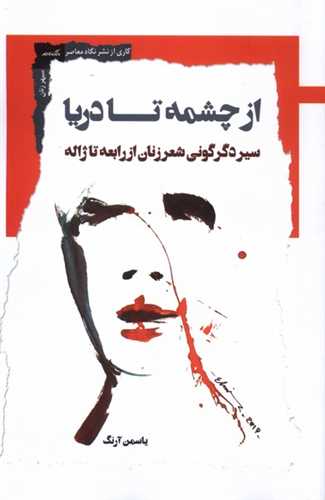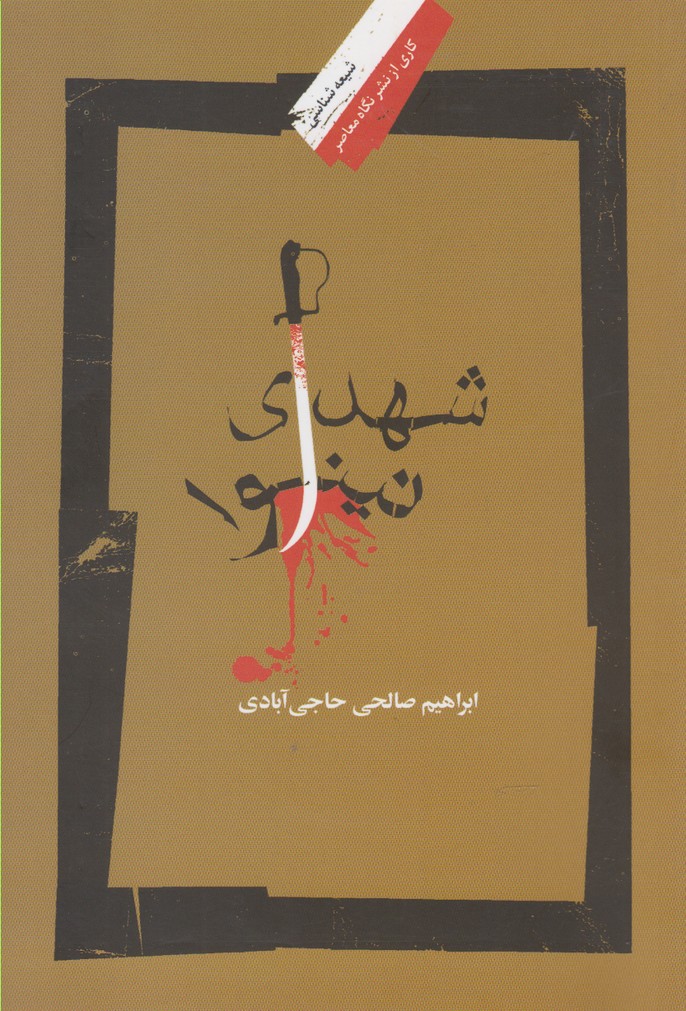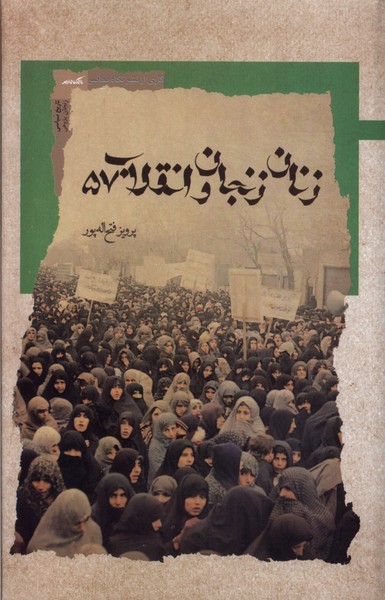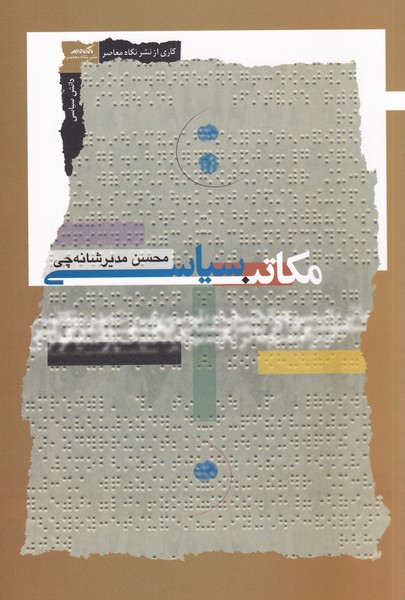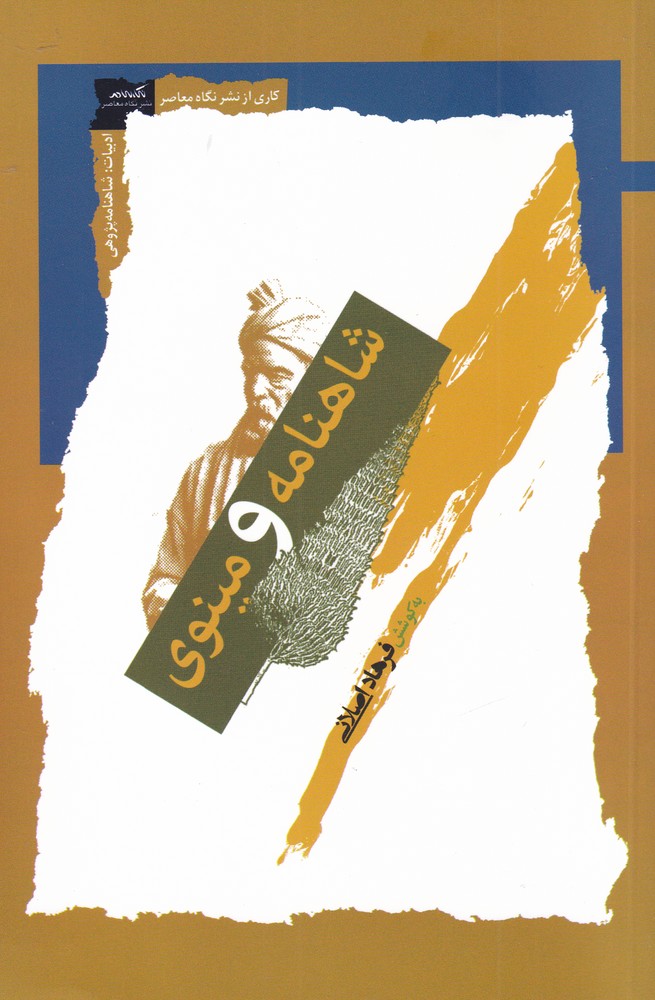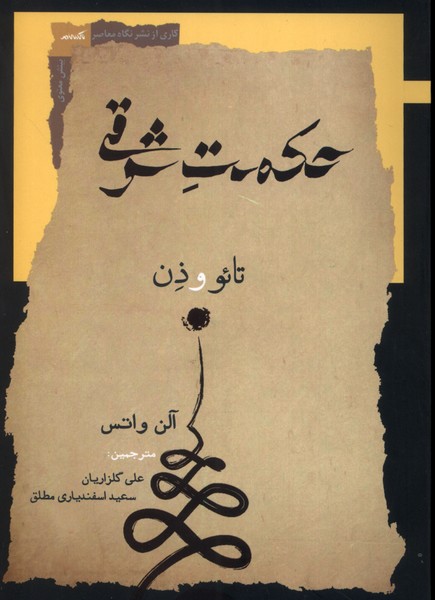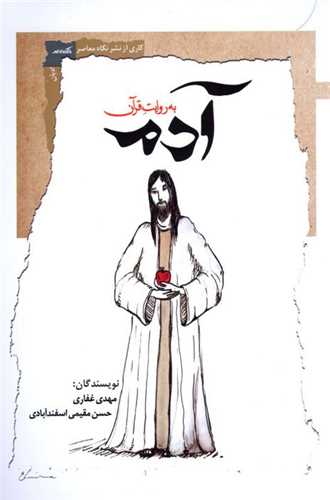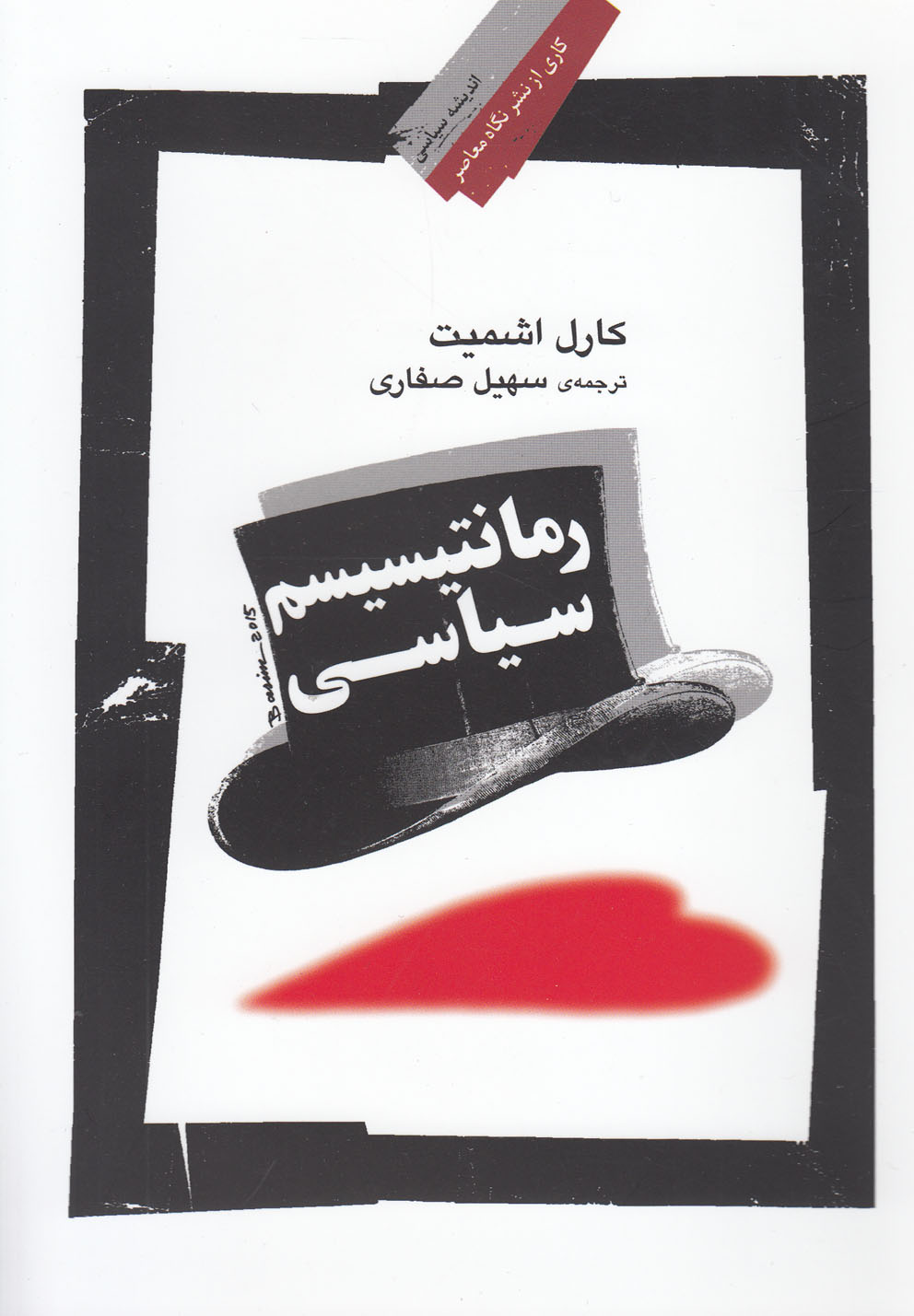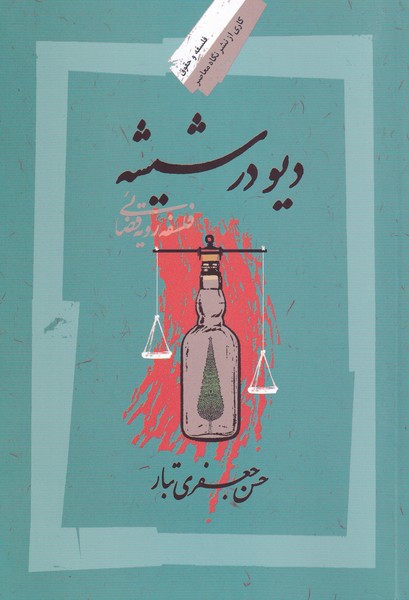Ghazālī va Maktab-i Ash'arī: Persian 1403
غزالی و مکتب اشعری
186 SEK
Share
Wishlist
Original Title:
Al-Ghazali and the Ashárite School
ISBN:
9786222901134
Translator:
Mays̲am Karamī
,
Manṣūr Madanī
,
Maryam Miṣbāḥ
Publisher:
Nigah-i Mu'asir
Age Group:
Adult
Pages:
158
Weight:
150 g
Dimensions:
14 x 21 x 1.4 cm
Book Cover:
Paperback
Widely regarded among students of medieval thought as the most important of the medieval Islamic thinkers, al-Ghazali (1058–1111) remains an extremely complex figure whose texts continue to present serious challenges for scholars. In this book, Richard M. Frank confronts the traditional view of al-Ghazali as a loyal supporter of Ash arite doctrine and reexamines his relationship with the school theologians.
This reexamination, Frank argues, is essential to an understanding of al-Ghazali’s work, a diverse series of texts made difficult by the various postures and guises assumed by their author. Statements by al-Ghazali regarding the kalam (the speculative theology of the schools) and its status as a religious science provide the focus for a detailed analysis that contrasts the traditional school theology with his own. From this, the question of al-Ghazali’s relationship to the Ash arite school becomes a key to the basic characteristics of his method and language and therefore to the overall sense that governs much of his work. Finally, as reflected in the chronological sequence of al-Ghazali’s writings, Frank’s analysis demonstrates al-Ghazali’s commitment to basic elements of Avicennian philosophy and his progressive alienation from the Ash arite establishment.
Al-Ghazali and the Ash Arite School offer an important and provocative reassessment of a major medieval Islamic thinker. It will be of interest not only to specialists in the field but also to a broad range of historians of the period and those interested in all aspects of Islam.
more
غزالی (1058-1111) که در میان دانشجویان اندیشه قرون وسطی بهعنوان مهمترین متفکران اسلامی قرون وسطی شناخته میشود، شخصیتی بسیار پیچیده است که متونش همچنان چالشهای جدی را برای محققان به همراه دارد. ریچارد ام. فرانک در این کتاب با دیدگاه سنتی غزالی به عنوان حامی وفادار دکترین اشرافی روبرو می شود و رابطه او با متکلمان مکتب را مورد بررسی مجدد قرار می دهد.
فرانک استدلال میکند که این بررسی مجدد برای درک آثار غزالی ضروری است، مجموعهای متنوع از متون که به دلیل حالتها و چهرههای گوناگونی که نویسنده آنها در نظر گرفته، دشوار شده است. بیانات غزالی در مورد کلام (الهیات نظری مکاتب) و جایگاه آن به عنوان یک علم دینی، کانون تحلیلی مفصل است که کلام مکتبی سنتی را در تقابل با کلام او قرار می دهد. از این رو، پرسش از رابطه غزالی با مکتب اشعار، کلیدی برای ویژگی های اساسی روش و زبان او و بنابراین به معنای کلی حاکم بر بسیاری از آثار او می شود. در نهایت، همانطور که در توالی زمانی نوشتههای غزالی منعکس شده است، تحلیل فرانک تعهد غزالی را به عناصر اساسی فلسفه ابن سینی و بیگانگی تدریجی او از تشکیلات آریت اش نشان میدهد.
غزالی و مکتب آش عریت ارزیابی مجدد مهم و تحریک آمیزی از یک متفکر بزرگ اسلامی قرون وسطی ارائه می دهند. این نه تنها برای متخصصان این رشته، بلکه برای طیف وسیعی از مورخان آن دوره و علاقهمندان به تمام جنبههای اسلام مورد توجه خواهد بود.
more

